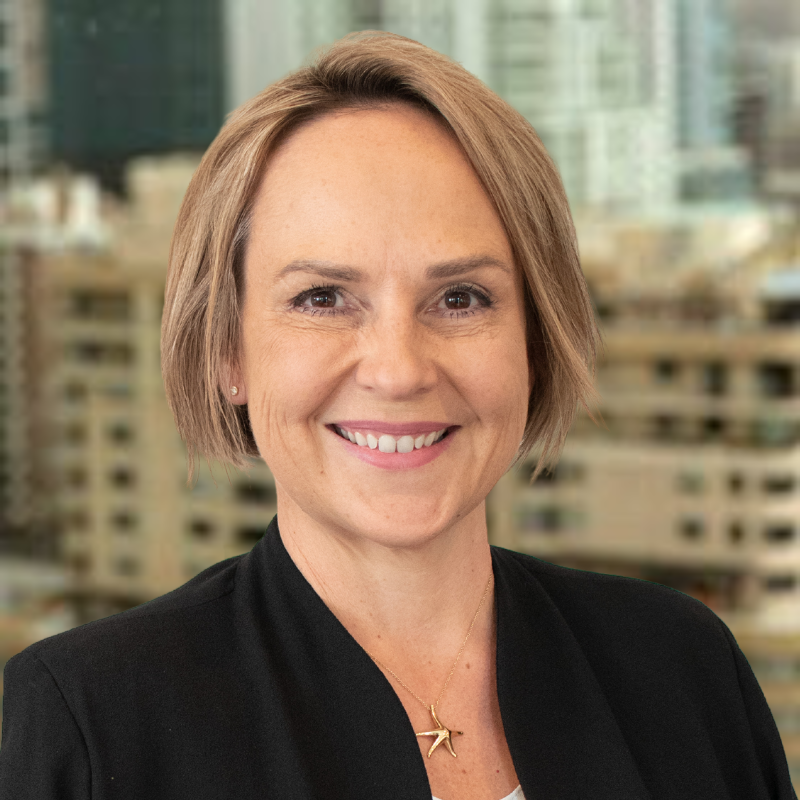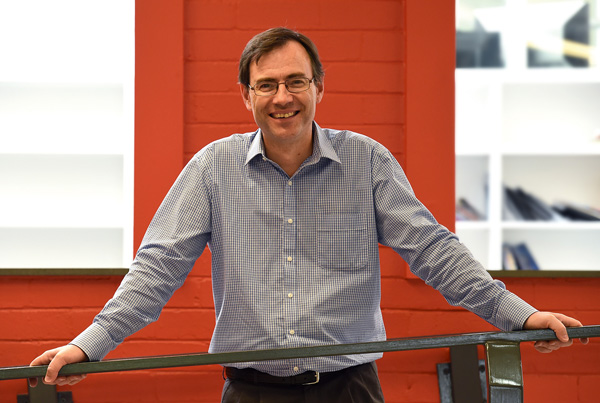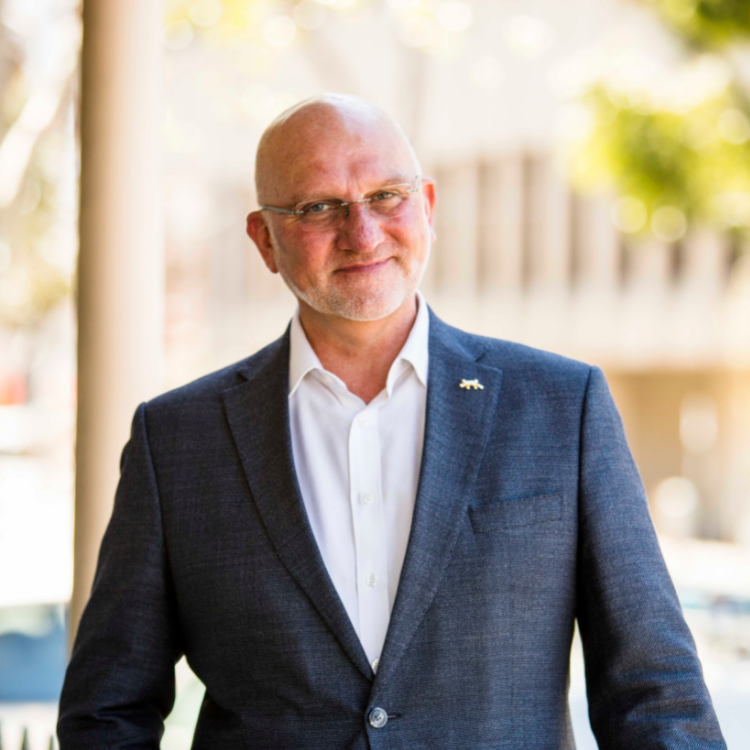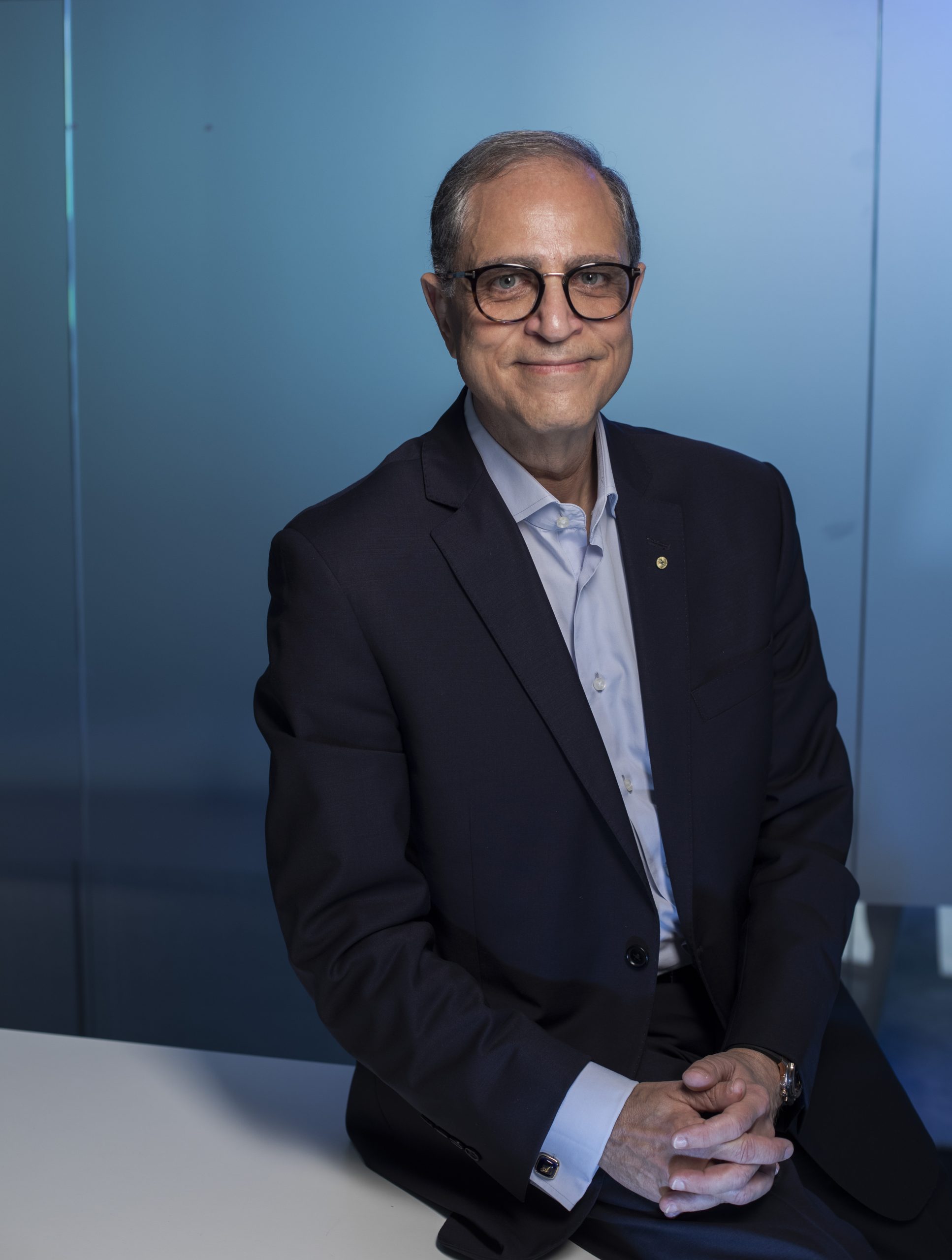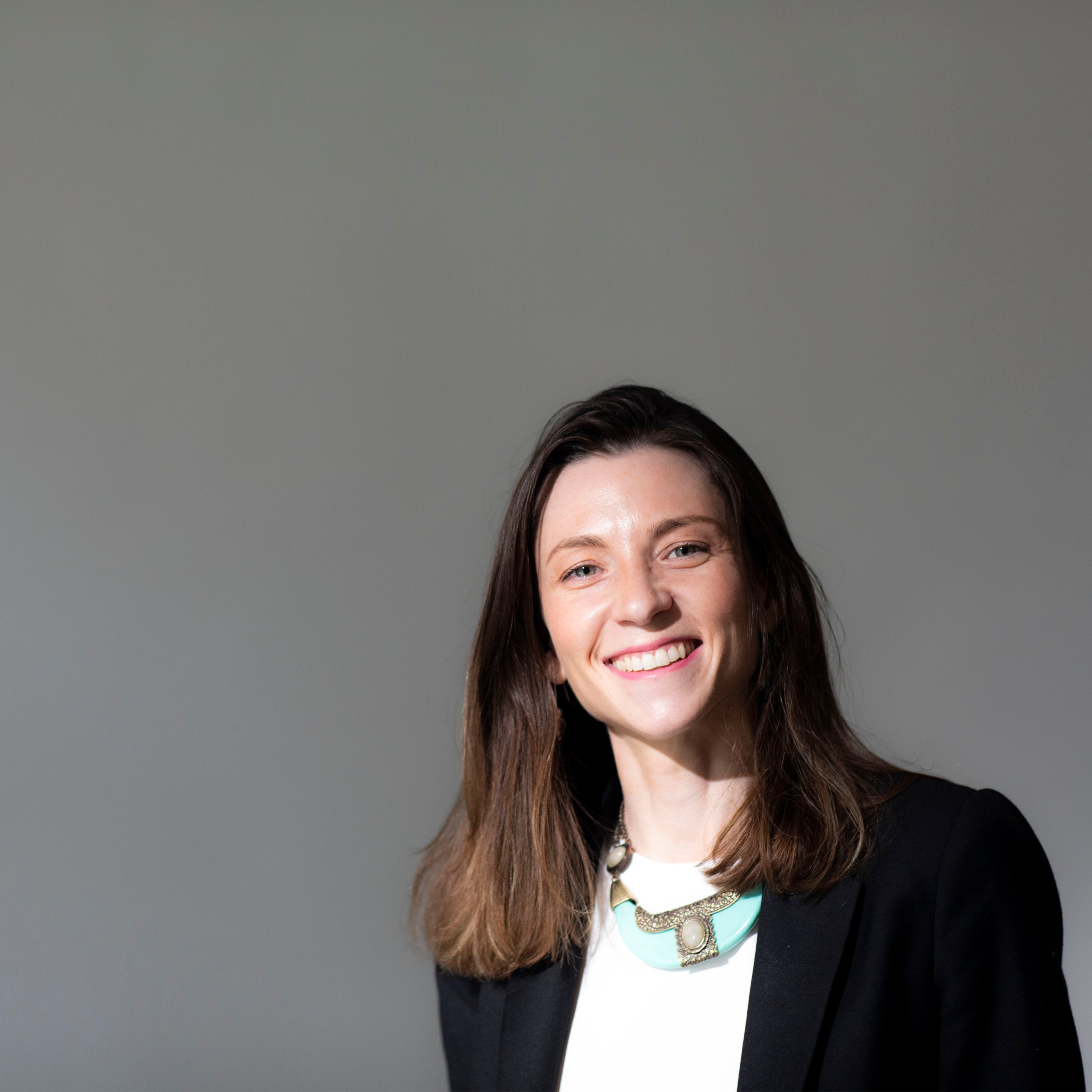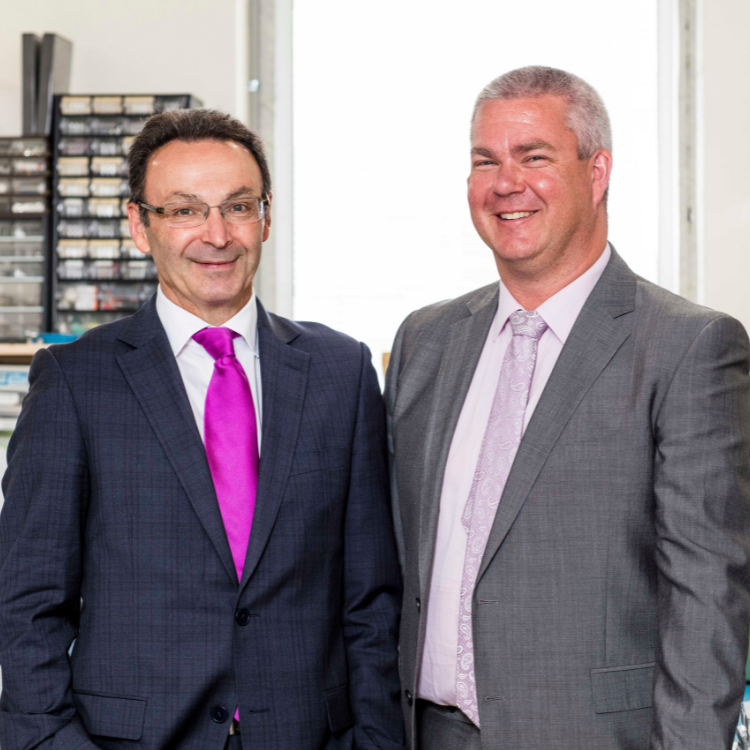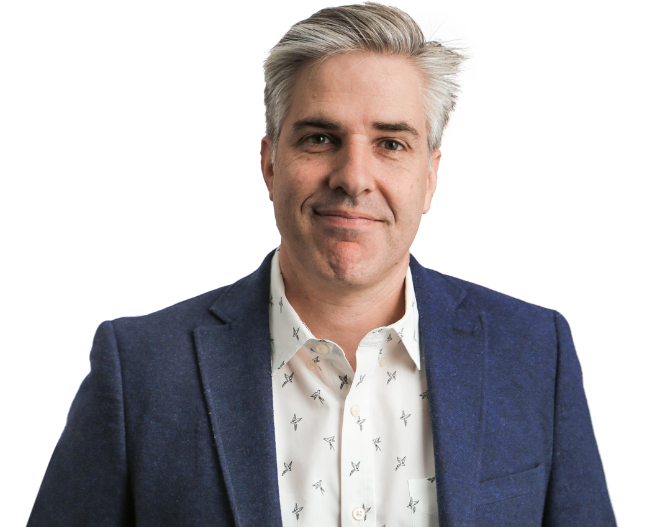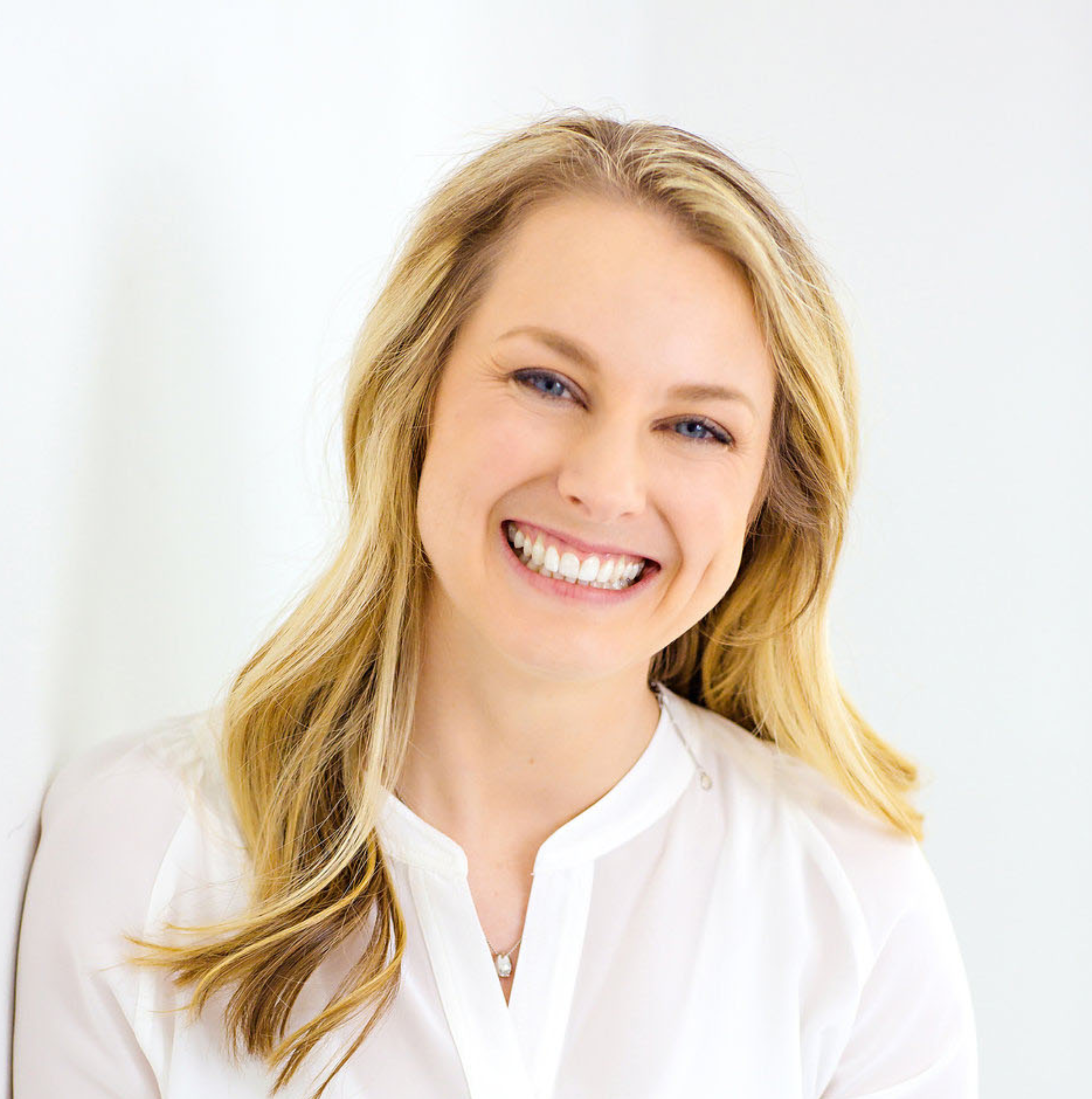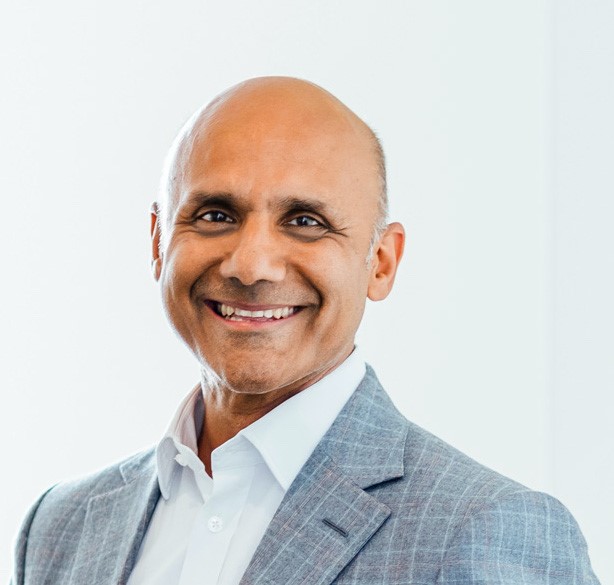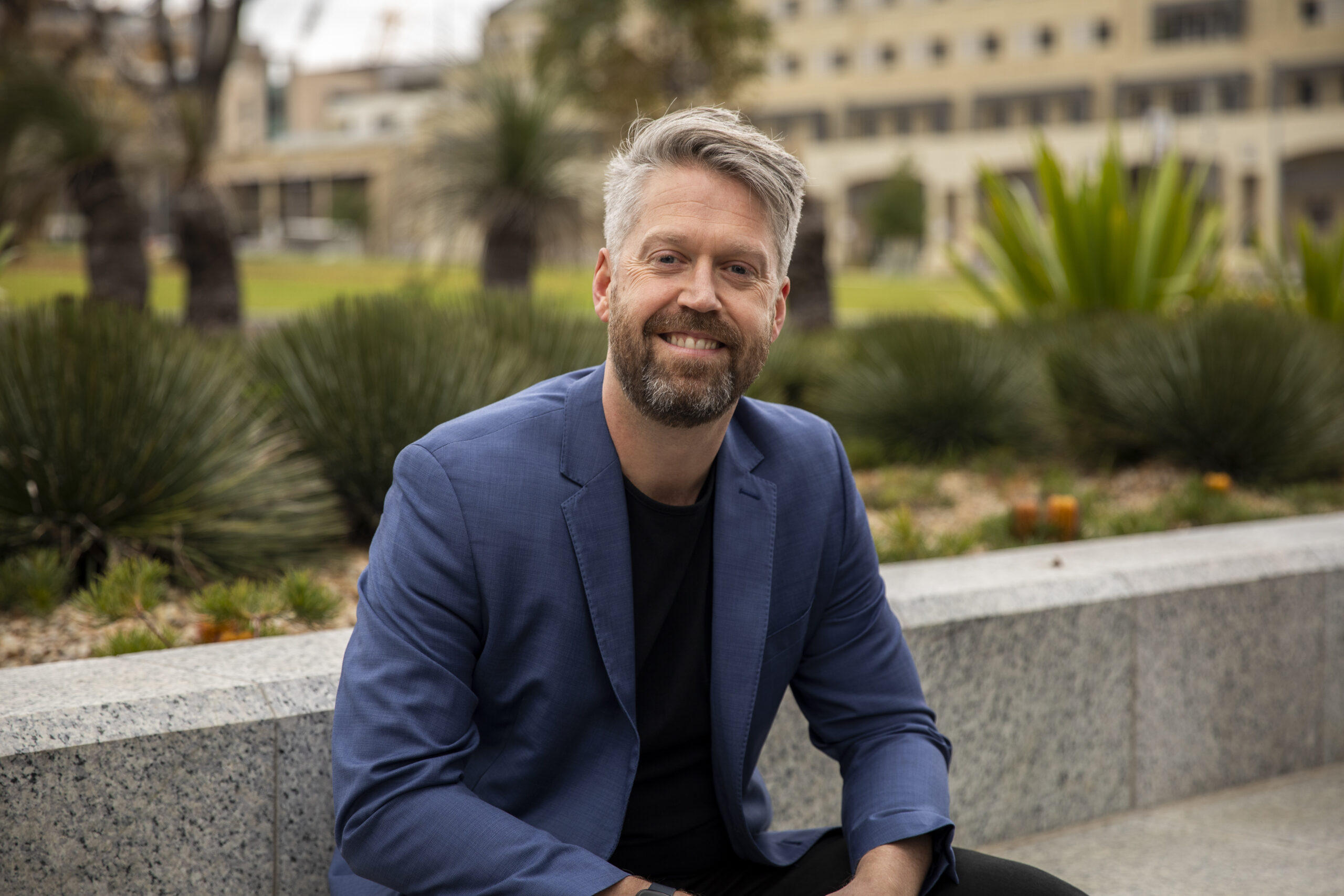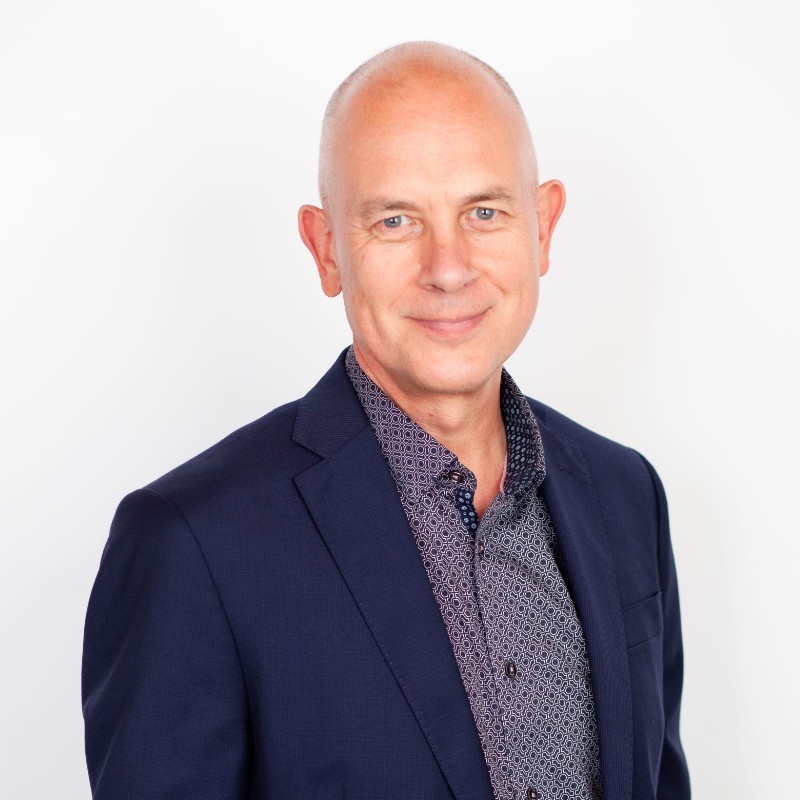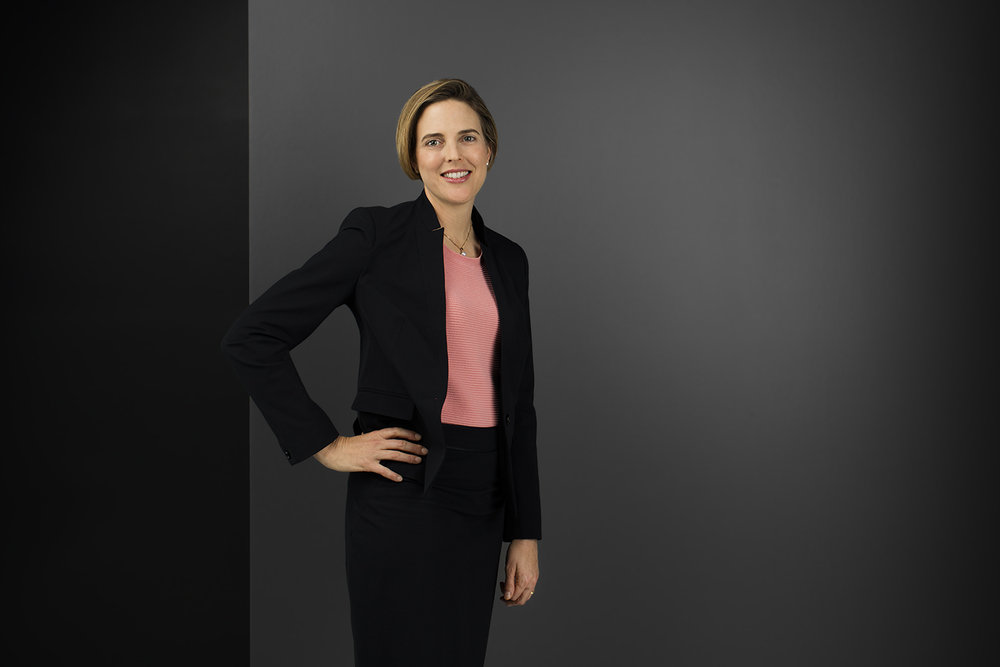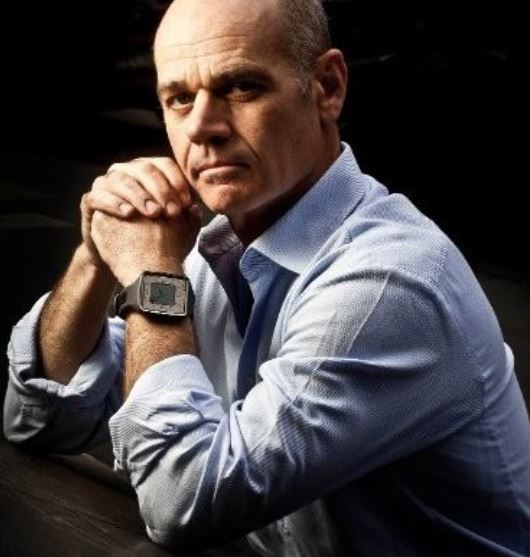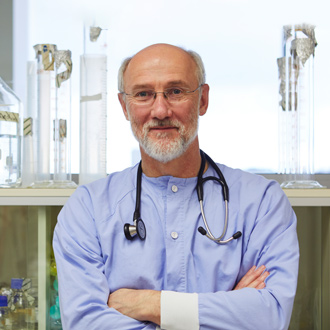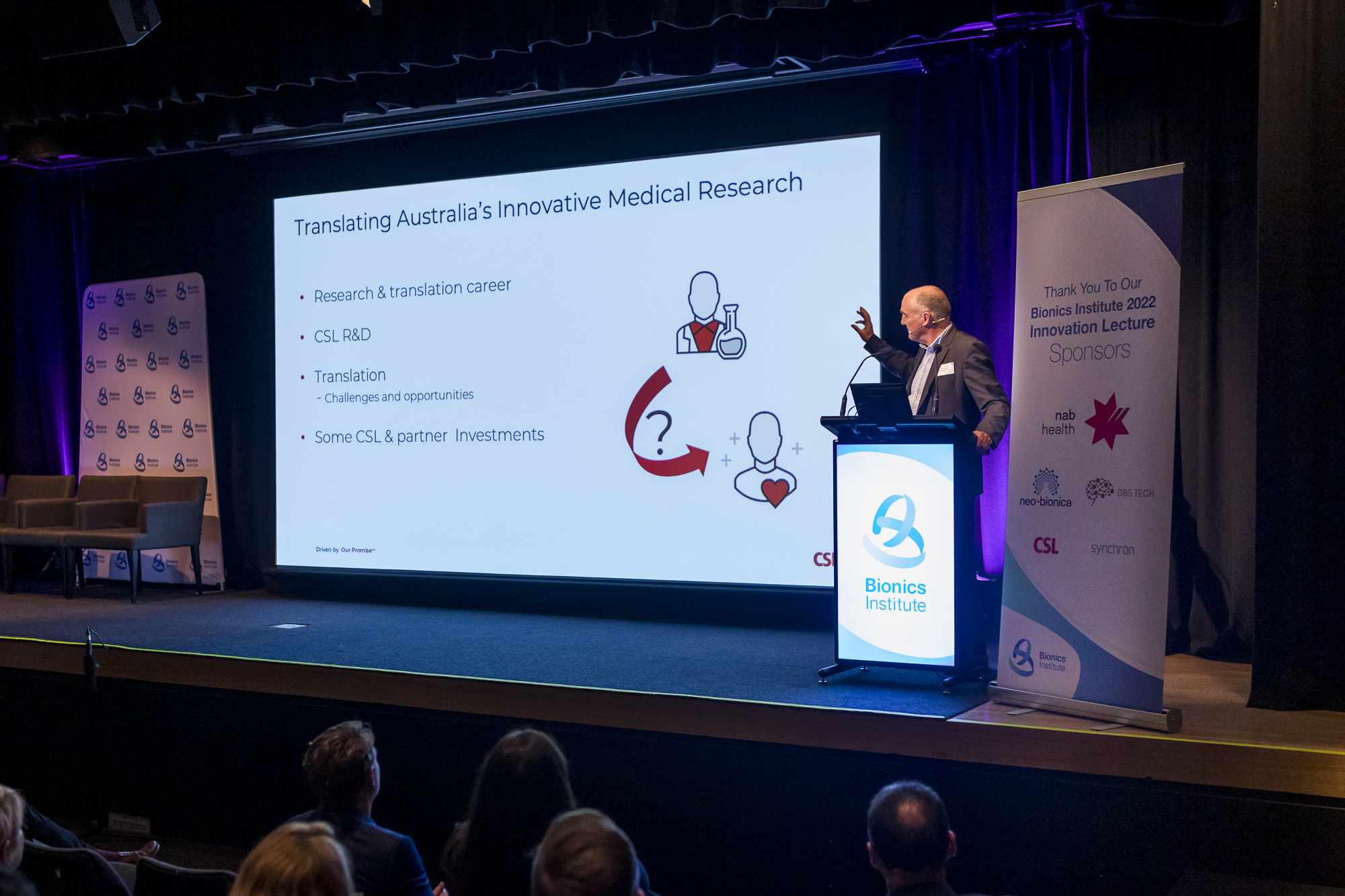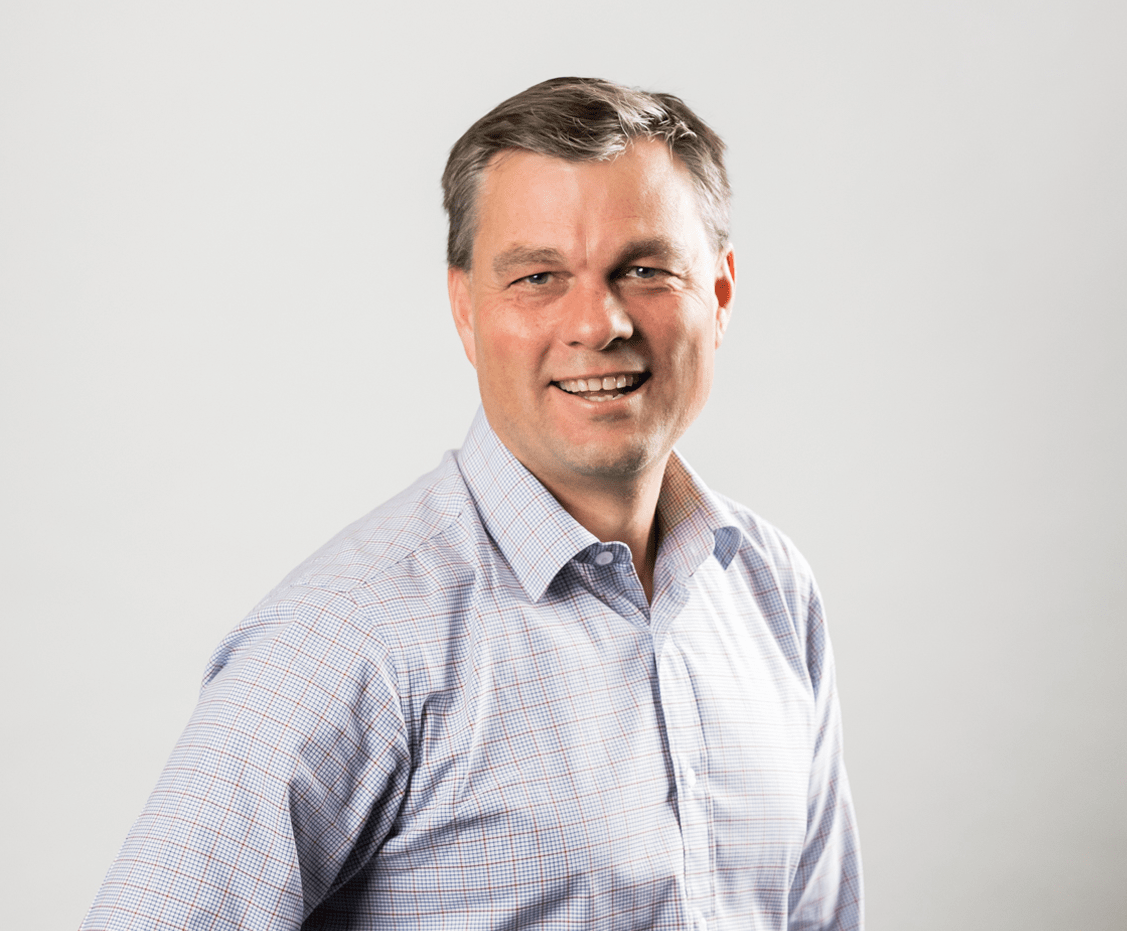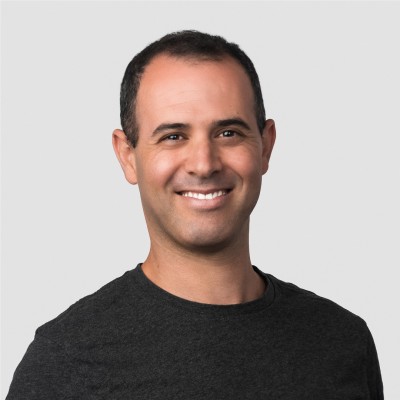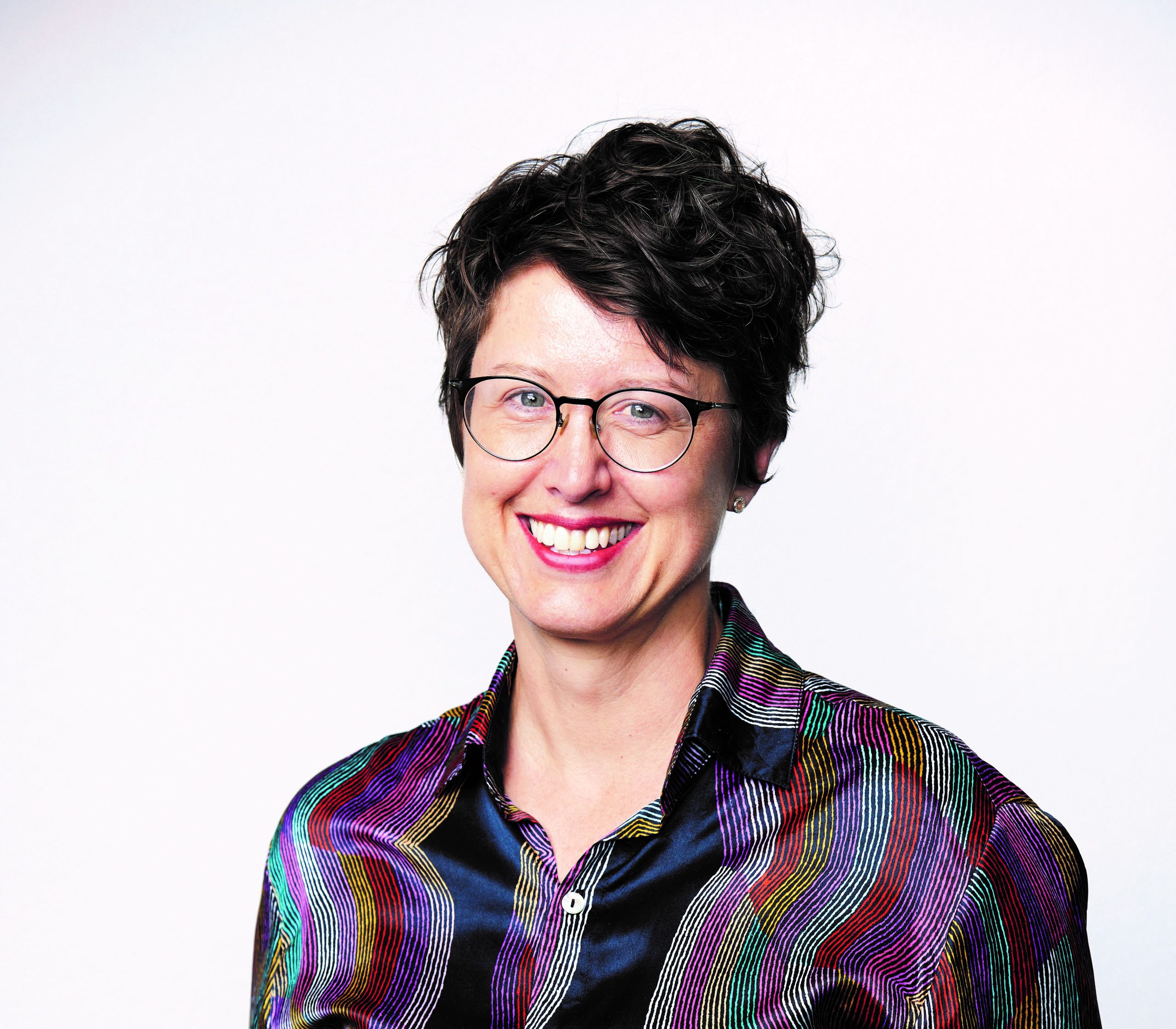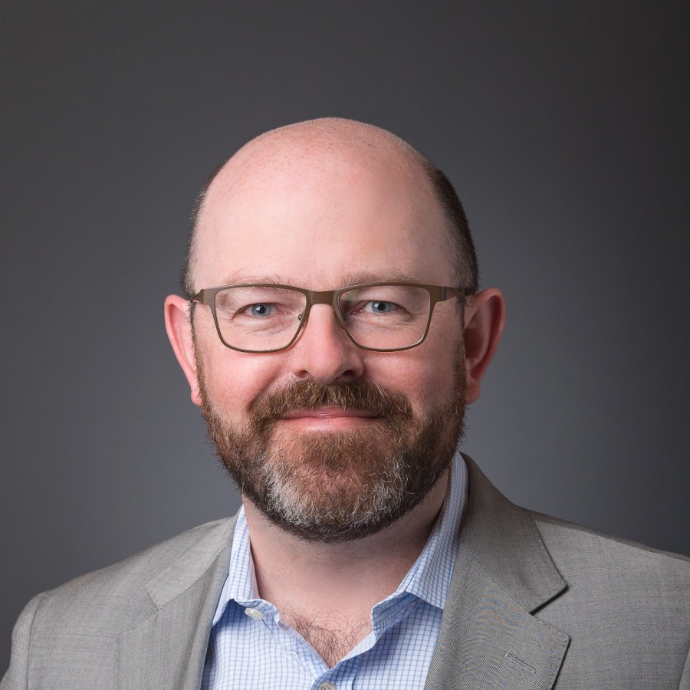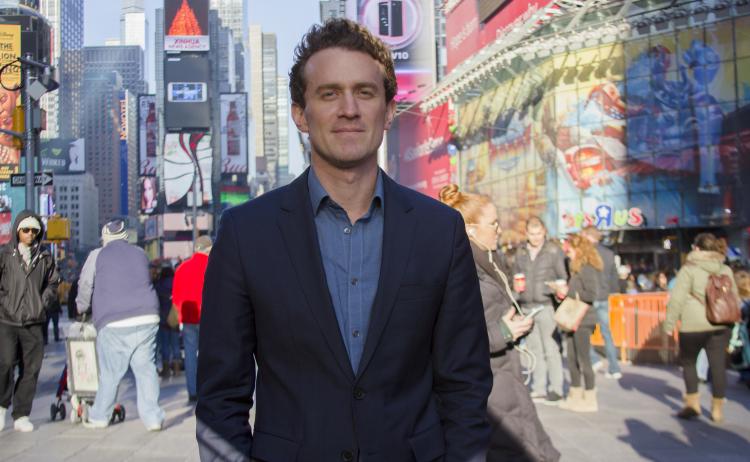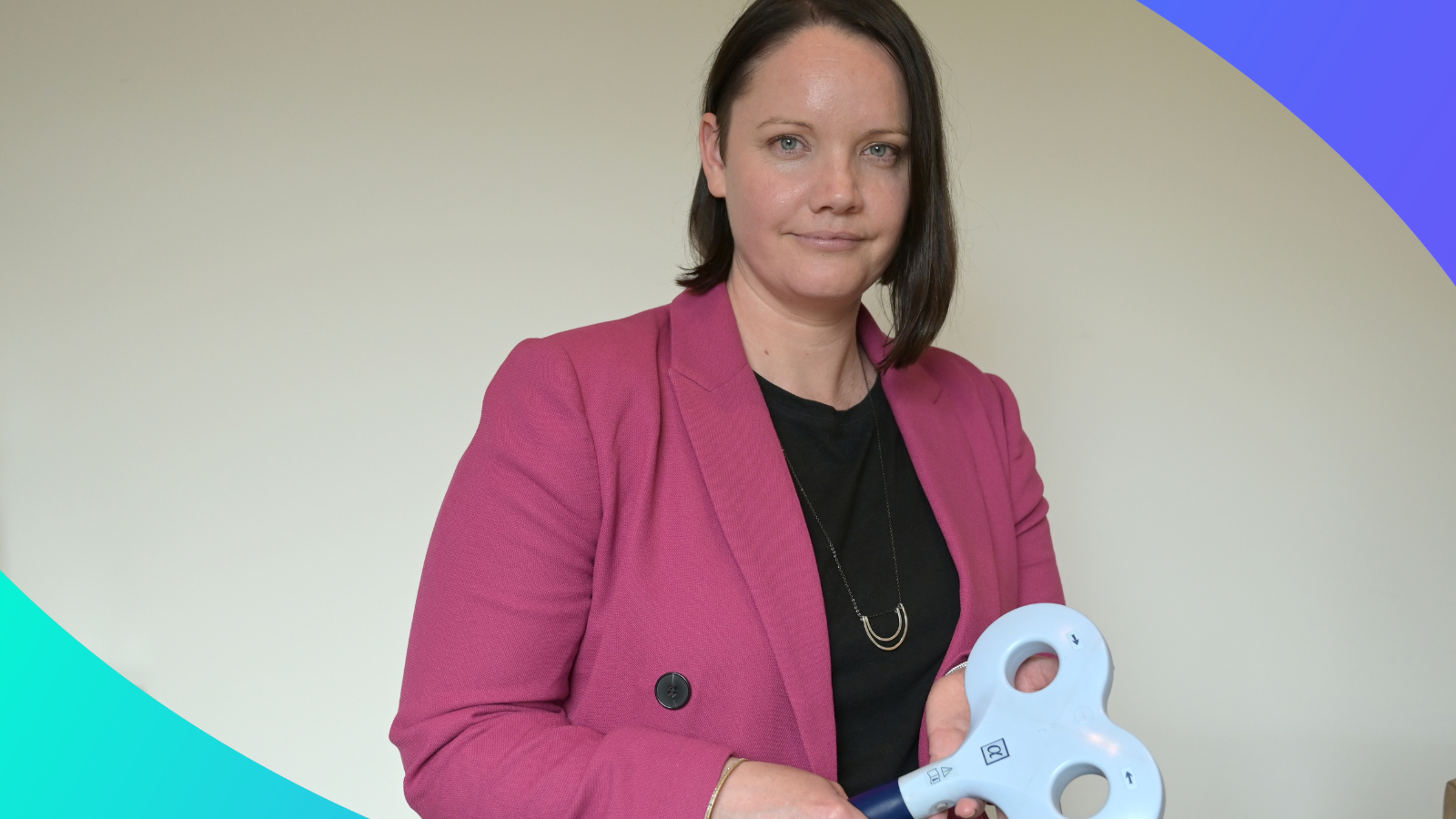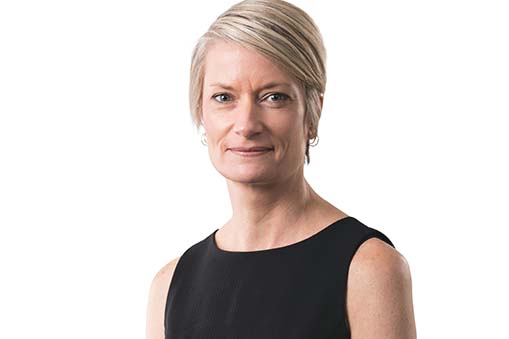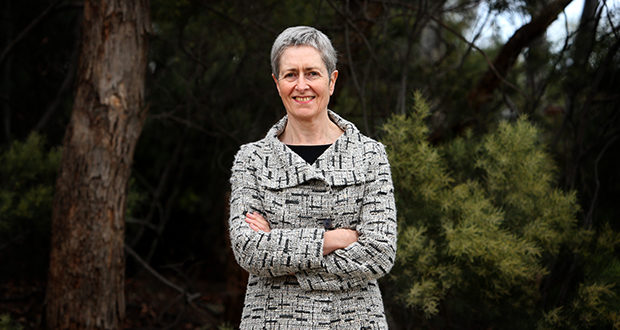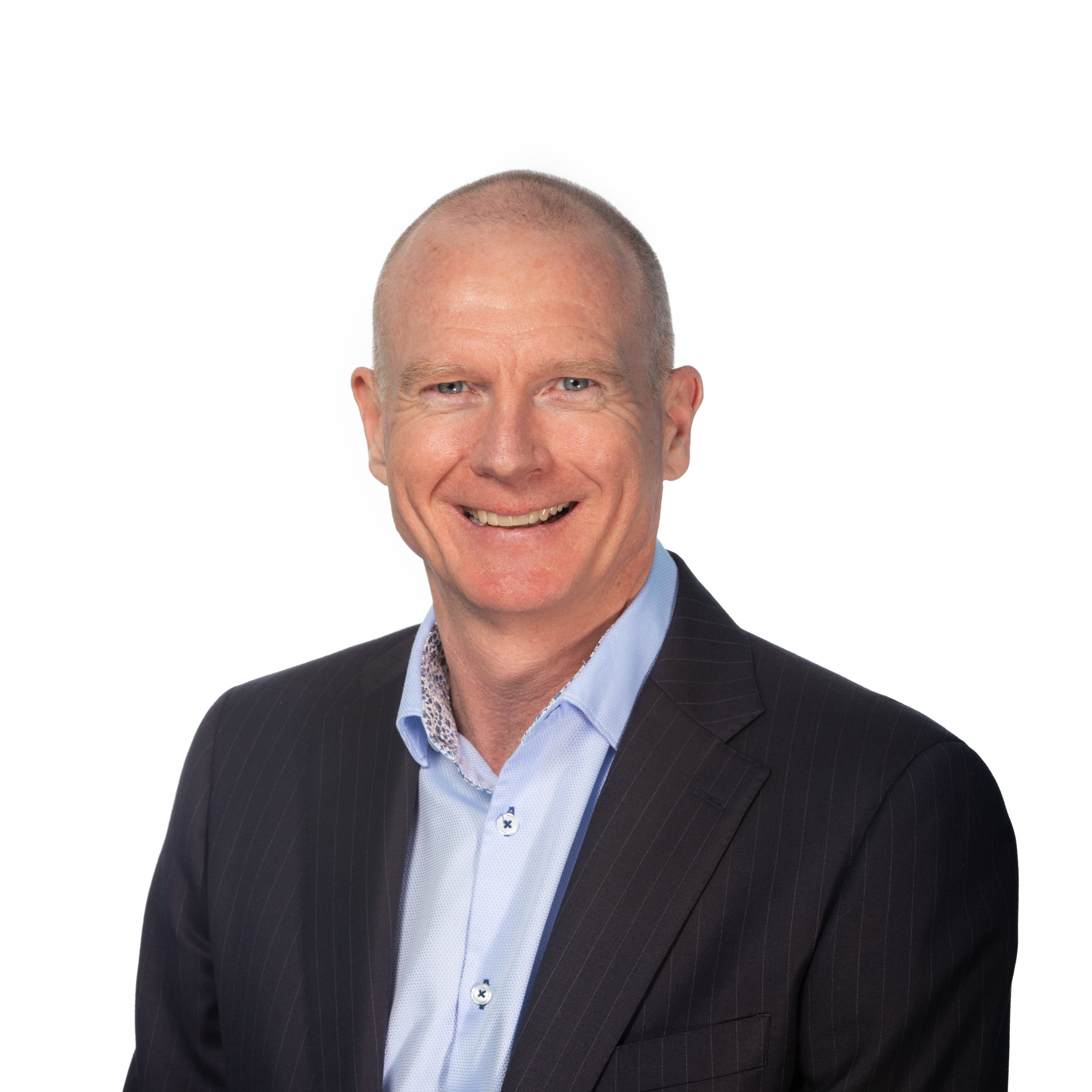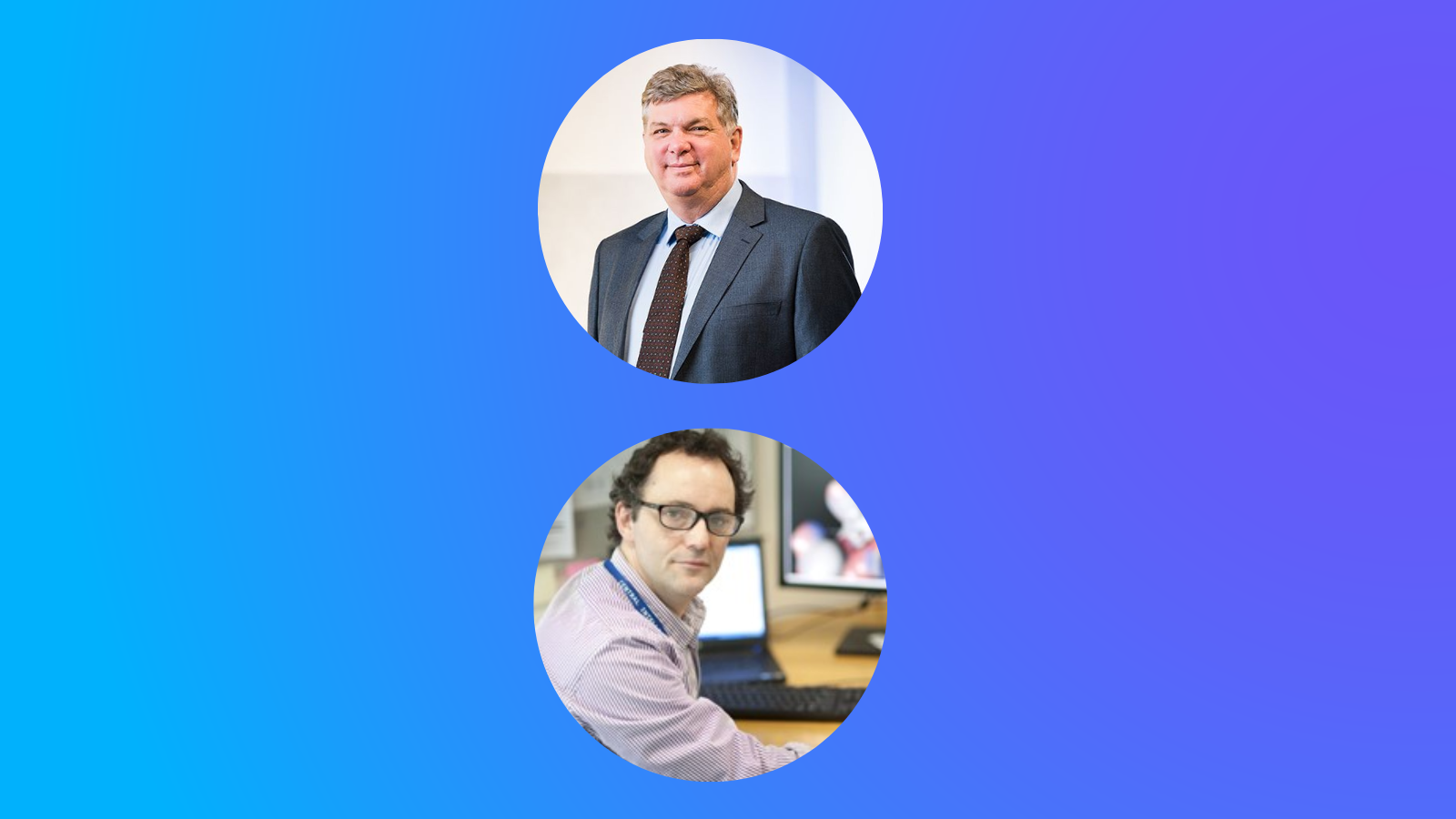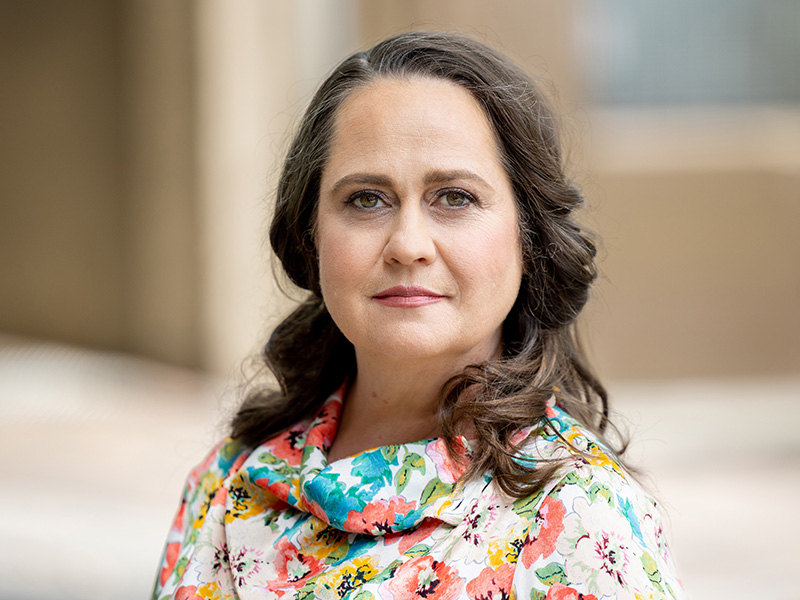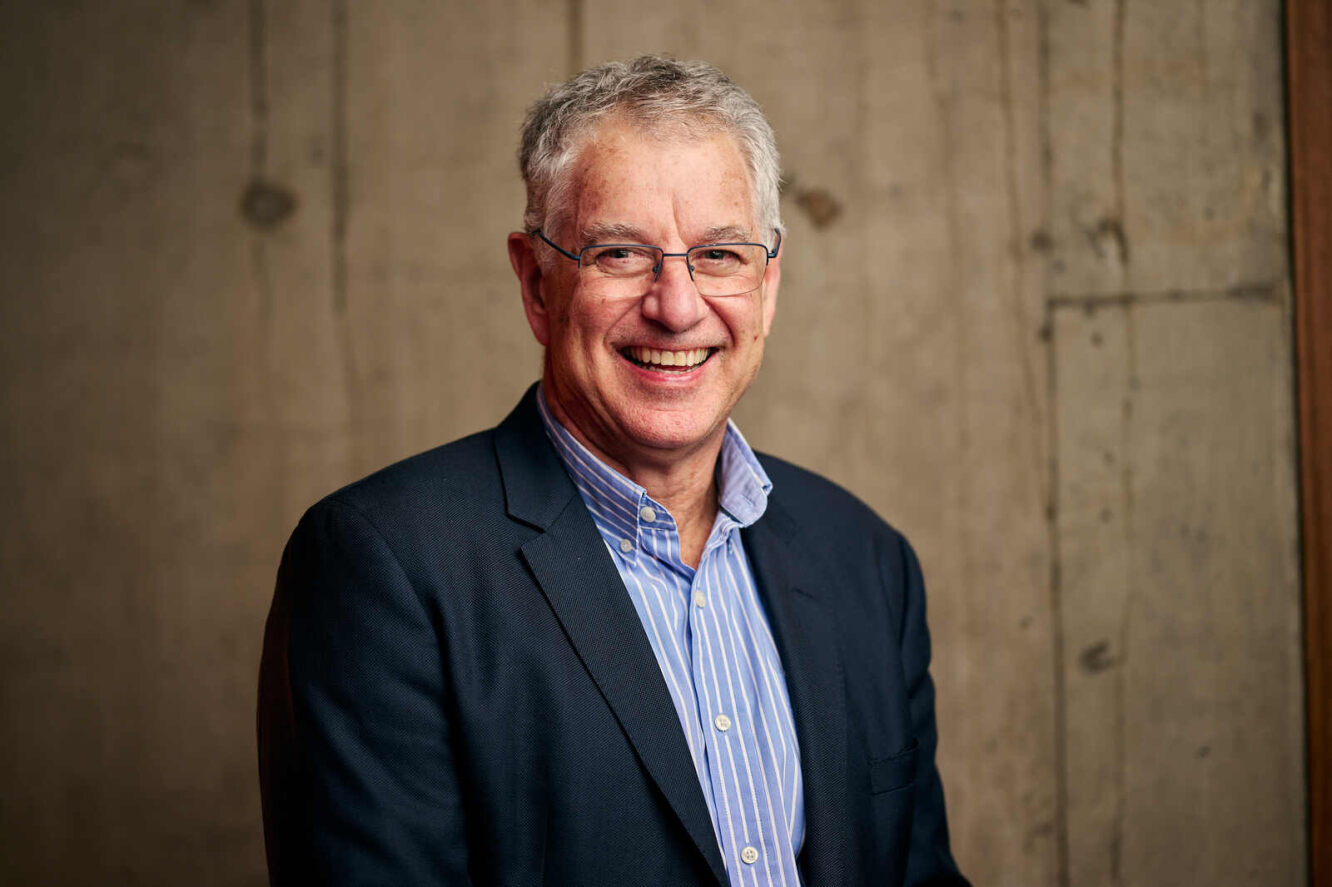Med Tech Talks
Creating an environment for innovation to succeed with Professor Moira O’Bryan
Professor O’Bryan specialises in andrology and through her impressive research career, she has recently been given the prestigious role of a Dean at the Unversity of Melbourne which is ranked as the 14th best preforming university in the world per the QS rankings.
In this episode you will hear about:
More information:
Learn more about Professor Moira O’Bryan
Professor Moira O’Bryan [00:01:47] Thank you for the invitation, Robert.
Robert Klupacs [00:01:49] It’s been a while. You and I have known each other for a while, so we won’t go into all times. We’re going to know, Talk a bit about what you’ve done and what you’re doing now. So I want to begin at the very beginning, Moira. You hold a Ph.D. from the University of Melbourne in reproductive biology, specialising in male reproductive health, as I mentioned before, called andrology. Can you explain to our listeners what Andrology is and where your passion for this came from?
‘ Professor Moira O’Bryan [00:02:15] As you’ve mentioned, Andrology is the study of male reproductive health, so you can think of it as the male equivalent of gynaecology for women. And while certainly a specialised area, I’d argue it’s a field of broad relevance, including to medicine, where of course male infertility is extremely common and we need more contraceptive options. But it’s also relevant to agriculture and conservation biology, where again, male fertility is a barrier to getting to the set that we want and perhaps more esoteric. It’s also a key driver of evolution where of course male reproductive function is a key determinant of what species will evolve into or not. But actually the reason I got into it is because it’s a super interesting field. Aren’t sperm are very, very impressive cells.
Robert Klupacs [00:03:07] They used to see you in the lab looking at those sperm down there. I won’t go that much later. So we do a little bit of work on you. We found out that you’re awarded a Mellon Foundation fellowship to work at the Population Council Centre at the Rockefeller University in New York, where, again, you’re investigating the endocrinology behind male fertility. And then you had a NHMRC Council, Peter Doherty Fellowship to return to Australia where you came to work with our friend David de Kretser. Can you tell us what it was like to go from as a young PHC to post-doc in some way as prestigious as the Rockefeller and what you learnt from your time there?
Professor Moira O’Bryan [00:03:44] The first thing to say is that it was an it was a blast living in New York in your twenties. And I had a very, very good time and made a lot of friends that I keep and to this day. So I’d certainly recommend to any of my students and any other students who might hear this. If you get the opportunity to go overseas and work somewhere at a great institution, take it. You can always come home again if it doesn’t suit you. But it’s a fantastic experience. As you mentioned, though, the project I worked on was to identify endocrine regulators of male infertility and now the Population Council, one of their major mandates, is to actually improve health care access around the globe, including providing improved access to birth control methods. And in doing it actually empowers women to control whether they can go into the workforce or not, and it improves the lives of their children and that more children survive. So it’s had improved the lives of millions of people around the globe. It was an absolute pleasure to work there. And I worked in the part of the Population Council that was on the development of contraceptives. And so we were looking at what are the hormones and pathways that would promote or suppress male infertility with in the pipeline of the process could either be used to as a pro fertility agent or could be developed into contraceptives down the track. But it was a great experience scientifically and also personally.
Robert Klupacs [00:05:20] As an aside, when I was working with you at Monash, we talk about the male contraceptive pill and one said it can never happen. You know, you got to be able to block all the sperm. 25 years later, is there a chance?
Professor Moira O’Bryan [00:05:32] Look, there there is. It’s actually been one of those slightly unsatisfying story, but I’m happy to say it’s actually improving a little bit. So the first thing to say is that there is a perfectly good male contraceptive that was developed more than a decade ago, and it operates in a manner similar to what the female contraceptive is based on, that it regulates hormones, particularly the androgen testosterone, and it suppresses male futility very nicely. Thank you very much. The clinical trials were very successful, although they were a little bit complicated. And fortunately, the companies that were involved decided that there was no market, so they completely ceased work on the product. Or rather what they decided was that it would shift market from their female contraceptive bias into their male contraceptive space. So there was perhaps no net win there. So the field really stopped for for a long time the World Health Organisation continued to keep working on this product in the background and there are still papers coming out showing that it’s actually very, very successful on a more positive note. Societal priorities have actually changed significantly in the last five years in particular, and this is driven in large part by men who are in committed relationships, who certainly want to share the family planning burden, including taking some of the burden off their female partners. So there’s unquestionably a market now. And very pleasingly, organisations like the Bill and Melinda Gates Foundation and other smaller agencies like the Male Contraceptive Initiative have actually stepped in to start funding this research, both at a discovery level and then into the development pipeline process. And these contraceptives in the first instance are being targeted female controlled methods. But targeting sperm with the next phase of being are compounds that would directly inhibit sperm function or production within the male reproductive tract. So potentially some of them could be used by either partner. Now in doing that, there’s been a really, I think, a very sensible shift in some of the priorities away from manipulating hormones, which you couldn’t imagine could have effects in other areas of the body in the same way that female contraceptives do. And they now are targeting increasingly sperm functional production. This means that if you can get a compound that works effectively, it shouldn’t affect other parts of the female or male physiology, but also it’s quickly reversible. So it might be one that you can turn on and off within a month rather than having to wait, you know, six months or so to actually recover. I believe some of these compounds are in trial at the moment. Certainly. Are there some in the US that are happening? Now, I know you’re going to ask me Day. So how long do you think? Because everybody asks. Oh, and actually I am. I’m loathe to put a date on it, in part because I think one of the hardest parts of this pathway is going to be around the legislation. And who do you target these products to? When you think about it, this is a company that you would give a man, but if it fails, it affects his female partner. So this is a couple condition that you’ve got to treat. And some countries have a legal system, a regulatory system that handles that better than than others. Also, we need to be a little bit careful about who we actually target with compounds like this. Now, I have sons are in their late teens, early twenties, and a product like this will not protect people from sexually transmitted diseases in the same way that female pills don’t protect from sexually transmitted diseases. So perhaps we should be targeting these compounds like this at people who are in committed relationships, or perhaps they should be have multiple compounds or multiple approaches that can target sexually transmitted diseases and contraception. So I think some of the toughest questions are yet to come. But things are moving in the right direction.
Robert Klupacs [00:09:53] Well, speaking of my female friends, about you coming on and also ask about the male contraceptive pill, she said, I hope tell me it’s never going to happen. I would never trust a man with contraception.
Professor Moira O’Bryan [00:10:02] Well, see, I don’t believe that. I didn’t mind. I maybe I’ll have to convince.
Robert Klupacs [00:10:07] Your two sons and change your view.
Professor Moira O’Bryan [00:10:09] Well, I’m not sure about that, but there have been trials done actually looking at men’s responses around this. I mean, men take heart disease medication and take all sorts of medication all the time. And if it doesn’t work, you know, everyone bears the consequences, good or bad. So I think we’re underestimating made good.
Robert Klupacs [00:10:32] Thank you. We change tack a little bit. As I mentioned, you know, you had a PhD from the University of Melbourne. You worked at Monash. You then work your way up very senior positions at Monash and now you’re the dean of the Faculty of Science, the largest university in the country, number 14 in the world, going by the largest QC rankings. An enormous achievement because people can’t see you, but there’s still a very young woman, so very impressive. So for you, what is the role mean and and how do you manage the expectations of leading one of the great science faculties in the world?
Professor Moira O’Bryan [00:11:06] The first thing is that being the dean of the Faculty of Science at Melbourne University is an absolutely brilliant job. It’s quite a hard job some time, but it’s extremely rewarding and I’m happy to say on most Friday evenings as I’m walking home and I’m looking at the relative, you know, wins versus losses in my head. Most of the time I’m leaving thinking this is a great job, but you know, can I please have a sit down? And one of the best things about it is I get to work with some of some of Australia’s most talented academics and students. And of course, I also have an absolutely spectacular professional staff team that actually make everything happen. So the team atmosphere I enjoy very, very much. Interesting. I’ve never actually been asked about the you know, did the expectations daunt me or not, which is a good thing because I’m much more focussed on making looking at how to make the most of all of the opportunities that come with working with such outstanding people across such a broad area. And you know that that can be how do we produce, how do I facilitate outstanding research, but also how do we shape education programs and deliver education programs that will train the scientists, that will lead Australia in leading industry for the decades to come. So it’s a huge privilege. And if we get that education pace and we get that, you know, all the researchers talking to each other, everything else follows, the job will get done and I’ll be satisfied and hopefully everybody else will too. So but if your question relates to, you know, how does it feel to be the spokesman for the OR, you know, all of science. Imposter syndrome and I are well acquainted. And I certainly remember being asked to sit on a women in mathematics panel not long after I took on the role. I remember thinking, You are kidding, that you know that that’s not me. Of course, took a moment and realised that actually they were not going to test me about continuum modelling or random matrix theory. They were much more interested in problems that are common across all disciplines of science and are about, you know, funding or diversity, inclusion and people management. So the panel was fine and I enjoy talking to diverse audiences. It’s interesting. One of the things I realised quite early in my career is that I don’t mind working outside of my comfort zone. There’s a certain thing about being slightly uncomfortable. I find it exciting and I’m very happy to let other people who are experts in their field do the running and I will trust what they say. And I think this is part of the key as to why I’ve taken on projects such as we have quite a lot of work being done at the moment. That’s on the fluid mechanics of how sperm swim, and we do it with a very dear colleague. His name is Roseanne Nosrat, and this is something I am fundamentally unqualified to work on the mathematics of. But I understand how sperm cells work and how they interact with the female reproductive tract and any of these incredibly exciting work. And similarly, I think one of the the best moments of my week and this happens quite regularly is when an academic or a student explains their research to me. And I think I’ve never thought of that before and this is super cool. Undoubtedly, that’s one of the best things of the job. So the more that can happen, the happier I am.
Robert Klupacs [00:14:43] You know what’s funny? Because I know a lot of the teens at the University Melbourne now and Monash as well, and they’ve all come up as researchers all the way up, like they always come across a little bit frustrated because they they love wanting to be down and dirty in the lab and they’re now having to sit above it and guide everyone. How do you manage that difference? Because it’s been a very rapid transition.
Professor Moira O’Bryan [00:15:06] So I still have a lab, my labs actually by Sep 21, and I try and spend all the Fridays over. I won’t say in the lab near the lab. And so often I’m actually sitting over there and I will be doing Dean stuff. But my students and post-docs and other people, my lab are free to just come in without, you know, and show me that show me their diet or ask questions or tell me about themselves or anything. So Fridays are usually quite unstructured, and I know that they save data to show me on Fridays, which makes me very happy. So I know this is not what people mean by work life balance, but this is certainly part of it. And increasingly, what we’re trying to do at the University of Melbourne is to leave Fridays unstructured so people can catch up or or more importantly, just have a good length of time to actually think about something quite deeply. And you will know as well. You know, one of the most frustrating parts of having a management job can be that your time becomes really fragmented. So having the time to pore over a student’s data or read a paper or, you know, stare at the wall while you think about writing the next piece of work or the next grant is incredibly valuable. I wouldn’t like to give that up, but I have to protect it quite fiercely sometimes.
Robert Klupacs [00:16:38] I can imagine. But I’m glad you’re still doing it because you are so good at it. We focus here at the Institute and this med tech talks, podcasts, a lot about innovation. And clearly, you know, the University of Melbourne is a leader, but. As I sit here, a lot of the early stage innovation arises from universities and medical research institutes, and Melbourne University is a leader in that field. I mean, we can talk about all the innovations that accompany University of Melbourne and there are too many to mention here by design innovation. David Graydon has been on this talk and all the other stuff that people are getting around. It’s a huge array, but you’ve now got a responsibility to basically bring up the next level of expertise. But also I understand from Duncan Maskell you’re measured by impact turning innovation to. Can you tell me how you’re going about that in your faculty?
Professor Moira O’Bryan [00:17:24] Several ways. I mean, ultimately what it boils down to is time and money. We are very lucky at the University of Melbourne that we have staff and students who are brilliant. So intellectual capacity is not a problem. They’re also quite fearless. So the fact that something hasn’t been done before doesn’t tend to scare our students too much, gave some of our staff off. But our students don’t mind jumping in boats first where it becomes difficult again, as we talked about with that fragmenting of of time, that in the perfect world you would have a clear couple of days a week to again experiment, think deeply, just try things, do whatever as with some of the and I guess these are unintended changes of the education research funding means that people are running from one task to another and there’s just not a lot of space and money lying around. If I could change anything, I would free up that time and free up that money so you could try something. And it might not work, but it might work. And I guess another one another really important element of that is to be careful with what your reward and recognition frameworks are. Not long after I started in the role, we looked at our performance metrics in terms of, you know, how you going on an annual basis, but also how people apply for promotion and updated those to include many options of applied impact. So all the traditional ones are there as well, but you can treat it like a smorgasbord. You could do a bit of this and a bit of that and that didn’t have to be simplistically, let’s count your papers and where your authorship position is or the number of dollars on your grant. If you had patents or you had partnerships with governments or not for profits, they were worth an equal amount. So again, explicitly valuing those things on paper so academics can say, look, it’s hey, I now know what to, to actually IMET is starting to make a difference. Now one of the really nice things about that is that it also started to change the agencies in the partners, how academics we’re choosing to work with. So we’ve always had a very good Category one funding. You know, we’ve always had heaps of money from the Australian Research Council, which is great. We all love that. But increasingly people are working with commercial companies or GDC days or other government agencies that will bring in funding to allow things they care about just as much. And some people will always want to do pure discovery research where it doesn’t have an applied outcome. But I think probably at least half of our academics want to do a bit of both, and I will probably drift across the spectrum throughout their career, or, as we say with one of our academics whose name Paul Donnelly, who works in the radio chemistry space. He just wants to be a chemist doing brilliant, brilliant chemistry that happens to have great potential in the cancer detection and treatment space. But he has a whole lot of PhD students and postdocs who want to work in industry. So it’s quite a nice pipeline where everyone gets to carve out their niche. So things, things are shifting.
Robert Klupacs [00:21:03] Yet I’m really happy for all the departments and schools within the faculty. And what we’ve learned here is multidisciplinary skills often thrown together get great outcomes and people coming from a different field looking at someone else’s people can often see a solution that someone doesn’t see. You’ve got a huge opportunity with all those different skills and you know, the recent transformation of the Department of Agriculture and plant biology into your sector is a great example of that. But is there anything you can do to sort of what’s a force but to bring together those disparate thoughts or thinking across cross-disciplinary aspects to actually get better outcomes?
Professor Moira O’Bryan [00:21:41] Your timing of this question is very good and of course we do this all the time. But as you mentioned, the School of Veterinary Sciences and School of Agriculture. Food of meat recently moved into the Faculty of Science, which is going very, very well. And although we were always on the same campus, you know, how do you see those collaborations? You know, how do you get the right connections to do great things? It’s partly about money in that, you know, I’ll give you I’ll seed projects often. In my opinion, the best way to do is if you have a student or a postdoc in them in the middle of the equation, if you like. Once there’s a person involved, people care. You know this one thing, you know, the possibility of another paper is one thing, but when there’s a person you actually like and you care about their future, that’s when you go above and beyond. It’s about creating opportunities for meeting each other again in often in a social setting or certainly in a relaxed setting. It’s often about setting up meetings where if you want to hire someone, then you’ve got to have someone from chemistry on your panel again, just sort of quietly forcing interactions. Some people grab them immediately, some are never going to work, but as they get to know each other, more and more opportunities will pop up. But again, one of the things that’s really made me happy about that role is it is exactly what you’re talking about when the human geographer is sitting in a talk about, you know, solar cell production in energy transition and carbon sequestration and ask sensible questions about or says sensible comments about have you thought about engaging with the local communities in those sorts of in these sorts of ways or the botanist who then throws in an idea that’s when really exciting projects happen.
Robert Klupacs [00:23:35] You mentioned you have a chance to sprinkle some money around, but you have sort of big ideas like, you know, the brand new battery capsule, the electricity and solar energy, for example. Do you sort of say to your team, I’ve got some money here for those who want to put their hand up.
Professor Moira O’Bryan [00:23:48] That at the moment it’s difficult again, because of the the government funding structure, that there isn’t a lot of spare money. However, we do it where we can and there are certainly Central university processes that all of the faculties and all of the Danes bind to completely. A recent one is that we’ve just had a call for Hallmark initiatives which have to be multi faculty multi-discipline priorities around something that is for the good of humanity. So that might be anti-racism. Or we have one of the faculty around bio inspiration, which is about how some of the tricks of nature could be harnessed to perhaps, you know, help with solar cells, production, all those sorts of things. So this has been a project that’s been very good at seeding some of those unexpected ideas. It’s one of the good panels to be on because everyone who applies for these grants, they’re all really exciting and they all involve people that perhaps you wouldn’t get to know about otherwise. So there are many of those programs going on within the university.
Robert Klupacs [00:25:00] We published a white paper earlier this year at the institute identifying some things that we think could be done better. And we identify particular communication between industry, academia, universities, and the power of storytelling. Mm hmm. And your position now as dean, how do you go about this? And now you’ve got so many stories, but how do you get all these wonderful things happening in the cradle of your faculty out to the general public to get them excited?
Professor Moira O’Bryan [00:25:26] Look, it can be it can be difficult. And I great communication is first, second and third most important thing. Another thing that so universities have a reputation of being difficult to work with. They’ve burned that. Absolutely. But there are things that we recognise have to change, including that we need to stop tripping over small things that, you know, if no one out of ten things are right, we really sweating over a small detail. How do we make our processes much more effective? How do we stop talking a language that only universities understand? And very pleasingly, the Vice chancellor, Duncan Maskell, is all over this, you know, and he gets frustrated sometimes when it doesn’t happen fast enough. But as I mentioned earlier, so part of this is also, you know, again, signalling to our academics what it is that we value and changing that narrative from I’m Professor X, I’ve got this thing that you need to industry. I’m listening. What is it that you need that maybe I can help with? And that might mean that six out of ten times I’m not your I’m not your person, but I might know someone who is. But if you know. Three or four. I’ll even take one of those pies off. Great things can happen. And certainly what I’ve done in the past and I know the faculty of Medicine here also does the same thing of, you know, getting a group of clinicians to talk about what the biggest challenges are for them clinically and present it to a group of physicists or chemists or or engineers. And even if only one or two of them stick. That will be a huge success. You then throw brilliant students into the mix and they come up with ideas that we would never, ever, ever have thought of. So we’ve in my own person where we’ve done that beat around the device by sort of, you know, some we have some chip development and assisted assisted intelligence projects where students can just do things that I actually don’t know how to do, but I know it might be a good idea. So again, getting diverse groups of people and just throwing ideas up in the air.
Robert Klupacs [00:27:53] We’re coming to the end. So just two more questions for you, but the pretty important ones. Yeah, Perspective. You are a role model for a number of people across Australia. Moira. So if you look back, what would you say to a young more? O’Bryan You know, so now you’ve now the dean, the faculty of Science, but, you know, the young postdoc or even before that, the young person in high school. What would you say to her?
Professor Moira O’Bryan [00:28:14] Look, there’s not a lot that I would do differently. I think perhaps sometimes I had a helpful naivete that I see in my students sometimes. If you don’t see the problem, it doesn’t exist. Look, perhaps I would say speak up in meetings a little more often. You know, earlier on that actually post-docs and students would be confident you’re in the room for a reason. Often you are the expert in the room. Don’t be frightened to actually, you know, make a comment. The other is and I was not good at this of building networks that conferences and meetings and various other things are great vehicles for actually meeting people who will be useful later on your career. And that sounds very harsh when I say useful, who are complementary skills and you may be able to help them and they’ll be able to help you. I never found that really, really rewarding, but I wasn’t naturally good at it to bits of advice that I give people regularly. And I think a core part of who I am is the first is whatever you’re doing, run as fast as you can. Every minute matters. The most precious thing you’ve got is your time. So use it wisely. And if you’re not sure if you are in the right role, you know, if you get one more pipe roll, one more student graduate or one more patent, no one is ever going to be upset by that. So even if you’re having doubts, keep doing what you’re doing 100% while thinking about what the next step will be. The other thing is always have your next holiday planned.
Robert Klupacs [00:29:54] Good advice. Good advice. I’d better take it. Last question. You’re well known for your mentorship, but we’ve asked a lot of people on this podcast and we’ve discovered that mentorship for them has been incredibly important. So we’re fascinated to find out who mentored them. So can you tell us about your mentors and what you learned from them?
Professor Moira O’Bryan [00:30:14] So I wasn’t going to. No, no. But now I feel I should. You can look, I have had some luck in my career when it comes to mentors and some of it I’ve gone out of my way to to cultivate. So the first thing is that my two supervisors, who Gordon Baker, who is a male infertility specialist, I’d argue one of Australia’s best ever, and Brendan Murphy, who most of your audience will know from COVID 19 times great day supervisors who largely left me to get on and do what I needed to do with while being, you know, soft bumps as she’s getting off. So let’s push it back on track. And you are always there to discuss what I wanted to do. Supportive with no questions. I was then lucky, as you mentioned earlier, to work with David de Kretser when I came back from New York. Again, an absolutely brilliant clinician scientist who again was just fascinated by the processes of male fertility. And we had a shared love of working and how sperm were built and how they functioned. So we had a very actually very good relationship where often we would be one of the last people to leave the institute at night. And the deal was I would show him my data first, which I think was perhaps part of his work life balance, and we would discuss sometimes it must have looked like arguing to people about how, you know, sperm tails were being built or how their heads was shaped. And it was incredibly rewarding. That evolved into much more of a mentor relationship. Again, in particular while he was governor, governor of the state of Victoria. I would often pop into Government House just to talk about things and, you know, bounce ideas off him. And throughout my career, there had been I’ve been lucky to have several people who fill that role, including many who’ve become quite close friends. And we’ve had collaborative relationships as well. But other mentors, and I count them as mentors for specific purposes of, you know, there might be a transition. I’m thinking about changing to a different role or I’ve got to move into a different field, or I’m not quite sure how to interpret a current situation. Have been really, really valuable. Often I’ve said, sometimes I’ve said things to me that perhaps didn’t enjoy hearing at the time, but I needed to hear them in every single situation. So I hugely value those mentoring roles. It’s also part of the reason why I don’t mind being a mentor and part of is we talked about the excitement of finding out about cool science and how different people work. So when somebody young or old or just met who is, you know, contacts, I mean, say, look, can we have a chat about something? Look, I reckon nine times out of ten, I enjoy it enormously. So where I can do and I’ll usually try and say, yes.
Robert Klupacs [00:33:11] It’s a great way to end. Moira, we’ve reached the end of the podcast today and I thank you for giving us the time and for sharing your amazing voice in the medtech industry, your academic career, your leadership, what you’re doing at the university, and particularly your thoughts about what the university is doing for the next generation. To our listeners, I hope you enjoyed listening and I look forward to introducing you to our guests in future podcasts. There are links to everything we talked about in the show notes and we look forward to welcoming you next time.
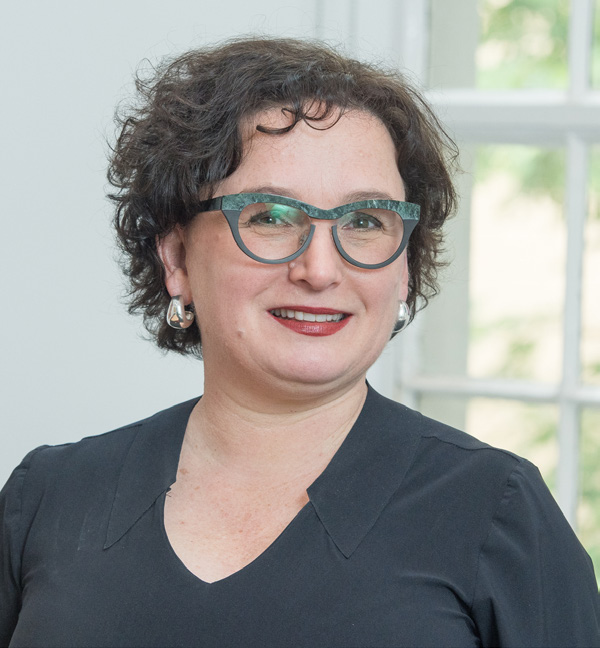
Professor Moira O’Bryan, Dean of the Faculty of Science, University of Melbourne.
Listen to other episodes of Med Tech Talks here

